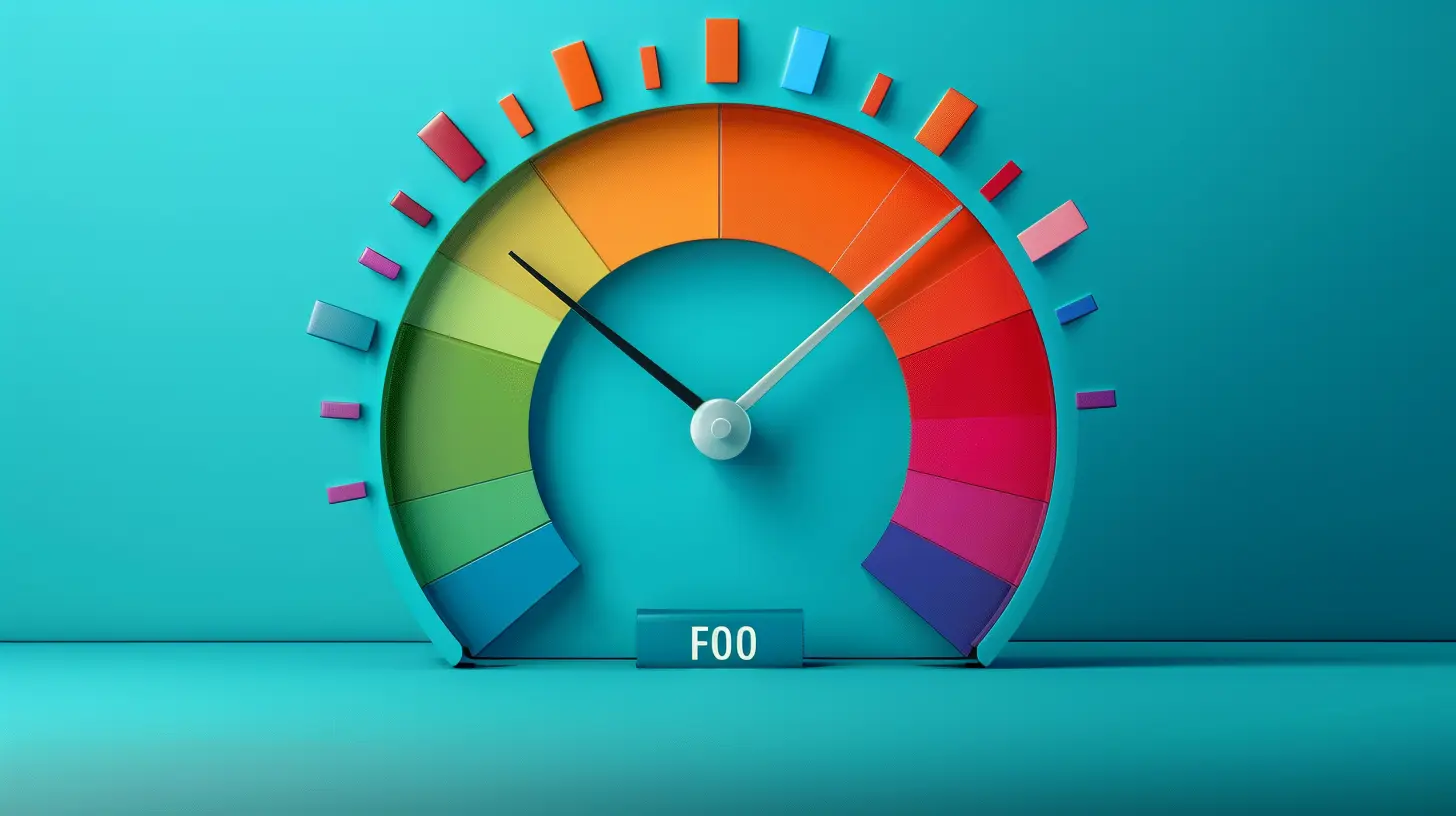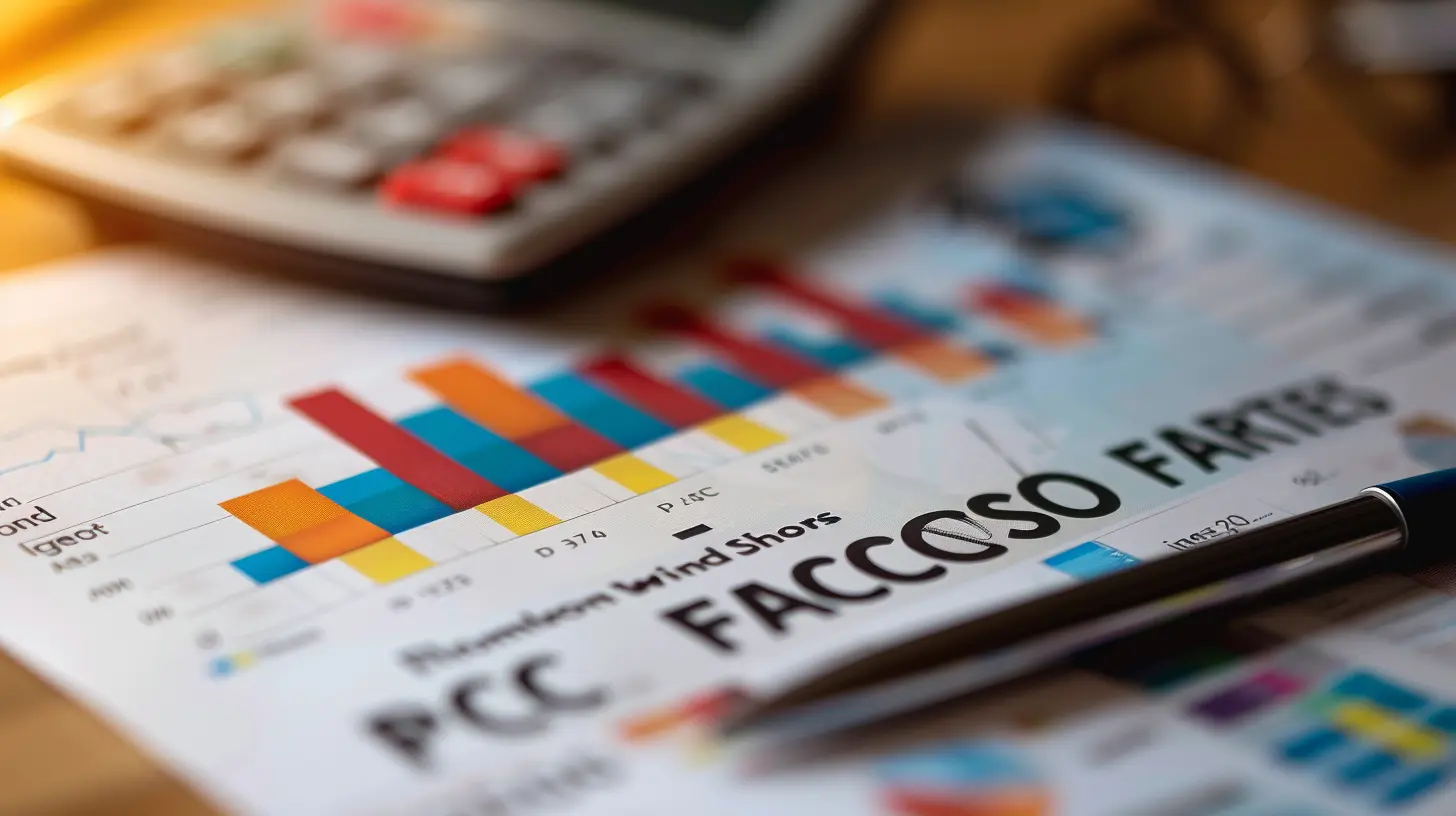Why Checking Your Own FICO Score Won’t Hurt It
19 July 2025
Have you ever hesitated to check your FICO score, worried that it might drop a few points just because you took a peek? If so, you’re not alone. There's a common myth floating around that checking your own credit score can hurt it. But here’s the truth—checking your own FICO score does not negatively impact your credit.
Sounds like a relief, right? Well, let’s break it down and understand why looking at your own credit score is completely safe, how credit checks work, and why monitoring your score regularly is actually a smart financial move. 
The Truth About Checking Your Own Credit Score
Let’s clear the air—checking your own FICO score is classified as a soft inquiry (or soft pull), and soft inquiries have zero effect on your credit score.The confusion comes from the difference between soft inquiries and hard inquiries. While soft inquiries are harmless, hard inquiries can influence your credit score under certain circumstances.
Think of it like this: Soft inquiries are like casually glancing at your bank account to see how much money you have. Hard inquiries, on the other hand, are like applying for a loan—banks take a serious look at your financial health before deciding to lend you money. 
Hard Inquiries vs. Soft Inquiries: What’s the Difference?
Credit inquiries fall into two main categories:1. Soft Inquiries (Harmless to Your Credit Score)
Soft inquiries occur when:- You check your own credit score.
- A lender pre-approves you for an offer.
- A potential employer checks your credit as part of a background check.
- A utility or phone company pulls your credit report for verification.
Because you’re not actively applying for credit, these inquiries do not impact your score. They’re simply for informational purposes.
2. Hard Inquiries (Can Lower Your Score Slightly)
Hard inquiries happen when:- You apply for a new credit card.
- You take out a car loan or mortgage.
- You request an increase in your credit limit.
Since these inquiries indicate that you're looking to borrow money, they can slightly lower your credit score—especially if you have too many in a short period of time. However, the impact is usually small (typically 5 to 10 points) and temporary. 
Why You Should Check Your FICO Score Regularly
Now that we’ve established that checking your own FICO score won’t hurt your credit, let’s talk about why keeping an eye on it is actually a great idea.1. Stay on Top of Your Financial Health
Your credit score is one of the most important numbers in your financial life. It affects your ability to get loans, the interest rates you’ll pay, and even rental applications. Checking your score regularly helps you understand where you stand.2. Catch Errors Before They Cost You
Mistakes happen. A creditor might report incorrect information, or fraudulent activity could appear on your report. If you’re not checking your score, you might not notice these issues until it’s too late.3. See How Your Financial Habits Affect Your Score
Your credit score isn’t set in stone—it changes based on your financial behavior. Monitoring it helps you understand which actions (like paying down debt or making on-time payments) improve your score and which ones (like maxing out your credit cards) hurt it.4. Prepare for Future Opportunities
Planning to buy a house, finance a car, or apply for a credit card? Checking your FICO score ahead of time gives you the chance to improve it before you apply. That way, you can secure better interest rates and avoid surprises.
Where Can You Check Your FICO Score for Free?
If you're ready to start monitoring your credit score, here are some trustworthy ways to check your FICO score for free (without hurting it!):- Your Bank or Credit Card Provider – Many banks and credit card companies offer free FICO score checks as a customer perk.
- Credit Bureaus – Experian, TransUnion, and Equifax sometimes provide free access to FICO scores.
- Financial Apps – Apps like Credit Karma, NerdWallet, and Credit Sesame allow you to track your credit score and get personalized tips.
- AnnualCreditReport.com – This is the only government-authorized site where you can check your credit reports for free once a year from each major credit bureau.
How Often Should You Check Your Credit Score?
There’s no harm in checking your credit score frequently, but for practical purposes, once a month is a good rule of thumb. This keeps you informed without overloading you with information.However, if you’re actively working on improving your credit (like paying off debt or fixing errors), you might want to check a little more often.
Common Credit Score Myths (Debunked!)
Let’s tackle some popular credit score misconceptions and set the record straight.Myth #1: Checking My Own Credit Score Drops My Score
False. As we’ve covered, checking your own score is a soft inquiry and has no impact.Myth #2: I Only Have One Credit Score
Not true. You actually have multiple scores depending on the scoring model used (FICO vs. VantageScore, for example) and which credit bureau the information comes from.Myth #3: Closing Old Credit Cards Improves My Score
Not necessarily. Closing a credit card can reduce your available credit, which might hurt your credit utilization ratio and lower your score.Myth #4: My Income Affects My Credit Score
Your income isn’t directly factored into your credit score. However, higher income can help you manage credit better, which might lead to a higher score over time.Final Thoughts
The bottom line? Checking your own FICO score is completely safe and smart. It won’t bring your score down—it just gives you valuable insights into your financial health.So, the next time you're curious about your credit score, don’t hold back! Stay informed, take control of your credit, and make savvy financial decisions. After all, knowledge is power—especially when it comes to your financial future.
all images in this post were generated using AI tools
Category:
Fico ScoreAuthor:

Angelica Montgomery
Discussion
rate this article
1 comments
Oberon McAnally
Great insights! It's empowering to know checking your FICO score is risk-free!
August 5, 2025 at 5:07 AM

Angelica Montgomery
Thank you! I'm glad you found it empowering! Checking your own FICO score is a smart financial move.


